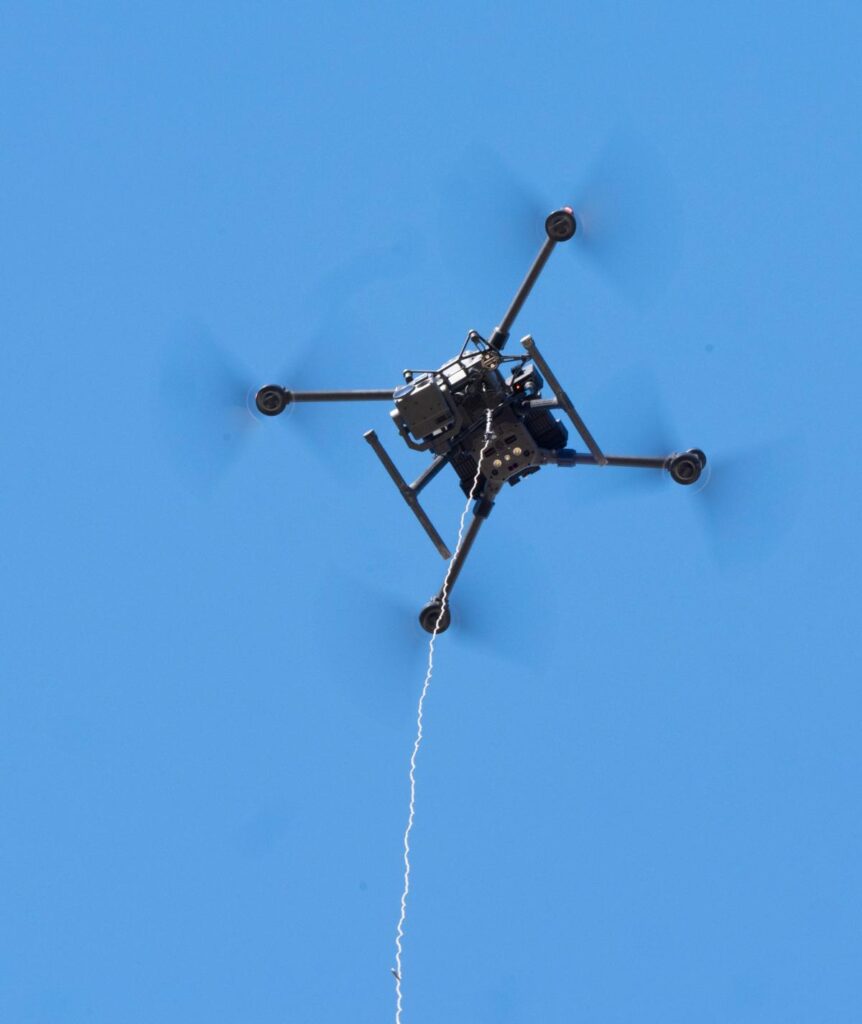Over the past month, significant reports have emerged concerning mysterious drone activity across New Jersey, Pennsylvania, and New York. These unidentified drones have been seen creating a buzzing presence in the night sky, raising concerns among local authorities and residents. Robert W. Wheeler Jr., the assistant director of the FBI’s Critical Incident Response Group, has acknowledged that the agency lacks explanations for these sightings, which has left many feeling uneasy. In light of these developments, political leaders across New England are pushing for more transparency regarding the situation. Massachusetts Governor Maura Healey has indicated that state police are collaborating with relevant authorities to investigate the cause of the enigmatic drone activity. Similarly, Connecticut State Senator Tony Hwang criticized the inadequate public information surrounding this issue.
Despite the mounting questions, Congressman Seth Magaziner, a member of the Homeland Security Counterterrorism, Law Enforcement, and Intelligence Subcommittee, attempted to allay fears by explaining in a recent video that most drone sightings often have “pretty boring explanations” and do not appear to involve malicious intentions. His comments suggest that while the drones remain unexplained, there is little evidence to suggest that they are being used for nefarious purposes. This brings to the forefront a broader discussion surrounding the legal implications and regulations governing drone usage across different states.
The question of whether individuals are permitted to shoot drones has emerged as a pertinent issue, particularly in regions like Rhode Island. While some might feel inclined to take action against bothersome drones, the law explicitly forbids such behavior. According to the Federal Aviation Administration (FAA), shooting at a drone is considered shooting at an aircraft, which is classified as a federal crime. As a result, only law enforcement officials are authorized to engage with drones in a way that could involve removal or intervention.
Additionally, the legality of drones varies considerably within state jurisdictions, depending on both federal and state laws. In Rhode Island, drone pilots must adhere to several requirements established by the FAA, especially commercial pilots who must possess a Remote Pilot Certificate. Recreational pilots also have their respective laws, including taking the FAA’s Recreational UAS Safety Test and registering drones weighing more than 0.55 pounds. However, Rhode Island has enacted specific state laws to manage drone operations. For instance, House Bill 7511 grants regulatory authority over drones to the state and the Rhode Island Airport Corporation, exerting control over local governments and their ability to impose their own drone regulations.
Moreover, specific regulations restrict drone activities in designated areas like state parks. Title 250 of the Park and Management Area Rules and Regulations in Rhode Island prohibits operating drones within state parks without a special use permit. These regulations aim to protect park visitors and wildlife from potential disruptions or hazards caused by drone usage. Consequently, it’s essential for drone pilots in Rhode Island, whether commercial or recreational, to stay informed of the rules to avoid legal repercussions and ensure compliance with established laws.
In summary, the recent sightings of unidentified drones over urban areas in New England have sparked considerable concern and curiosity among the public and authorities alike. As investigations into their origins continue, discussions about the legal implications surrounding drone use highlight the complexities involved in managing this technology in a way that is safe, lawful, and respectful of the community. Understanding the intricacies of drone operations in states like Rhode Island is crucial for both current and potential drone pilots, especially as public interest grows in light of the ongoing mystery and challenges related to these advanced aerial devices.

